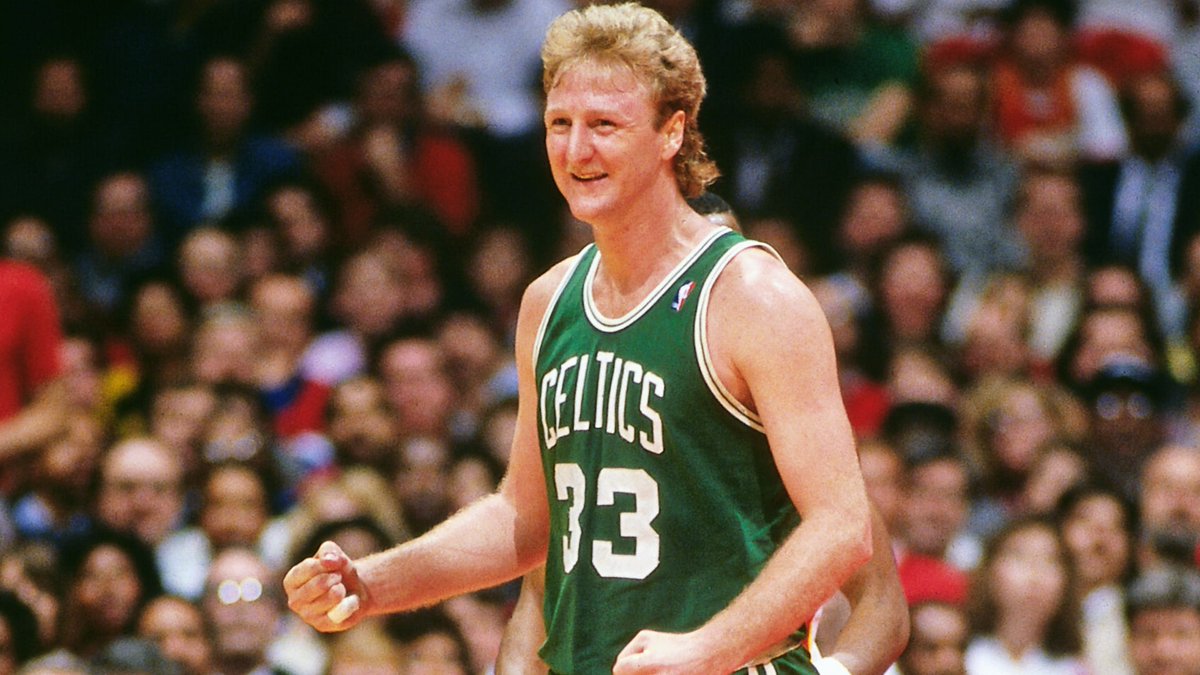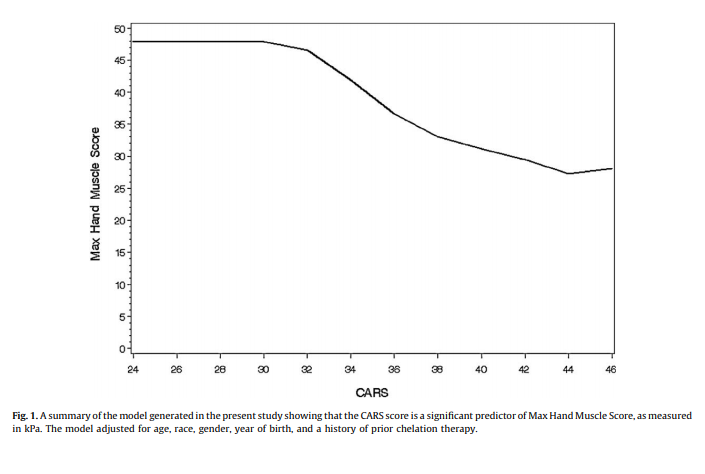I might start repeating something like this as a mantra: the most important thing in the world no one knows is that children born after the onset of autism epidemic are mentally and (the focus of these tweets) physically fucked up.
Four years back a study was published that compared the grip strength of US millenials with those of a 1985 reference group and found a half standard deviation decline in grip strength during that period, equivalent to a 7 point drop in IQ. https://pubmed.ncbi.nlm.nih.gov/26869476/
An earlier Australian study found virtually the same thing, which is that their young people are also becoming alarmingly limp wristed: https://link.springer.com/article/10.1186/1756-0500-4-127
"Work patterns have changed dramatically since 1985, when the first norms were established,"…(says author of US study) As a society, we're no longer agricultural or manufacturing ... What we're doing more now is technology-related, especially for millennials”.
This is the standard explanation, although it omits the relevant fact that the 85 study found that within a factory a worker’s job had no relationship with grip strength: those who worked with their hands were no stronger than those who didn’t (although hobbies did matter).
I don’t hold this view. I think that what you’re witnessing is a cohort effect and that people born after 1980 (not a year I chose arbitrarily) are actually weaker for innate reasons. An easy way to test this would be to look at elite armwrestlers.
If the decline in Western grip strength is due to a decline in daily hand exercise, you wouldn’t expect to see unusual age differences in top level armwrestling because everyone at that level is training hard.
But if millennials are just fucked up, you would expect them to do badly in armwrestling compared to other sports and that is exactly what you see. Papers on grip consistently find a decline in strength beginning around age 30 ( the age at which athletes decline in most sports).
But very strangely, the North American with the strongest hands (or very close) is the 45 year old Devon Larratt. Two years ago it took everything Larattt had to defeat the 56 year old Ron Bath in a tournament
Armwrestling is not a big money sport, so it can hard to find good rankings or birth dates for the best guys. I managed to track down some names using this outdated list as a guide. I found birth years for 16 guys and the average age was 42 https://www.walunderground.com/rankings/html/rankings/?date=2017-02-01&arm=left&gender=men&level=pro&class=top_10
At the time those rankings were compiled there were as many competitors in their 20's (2) as in their 50's. Only 2 of the 16 were under 35 with 5/16 being between 42-45. This suggests that it is ideal to be young as possible while staying on the right side of the millenial line
The really frightening part is when you compare the American armwrestlers to their primary competition, who are all from Eastern Bloc countries. 10 of the top 15 arm wrestlers come from this group and their average age is just 29. https://www.xsportnews.com/armwrestling/world-armwrestling-rankings-experts/
Say you’re a millennial patriot and don’t like hearing my taunts about how girly you are. You might point to today’s ultra-muscular and athletic millennial athletes. And you’d be right, even more right than you knew. But grip strength is only marginally related to overall muscle.
There is zero relationship between hormones and grip, which means that many muscular men have surprisingly weak hands. A 1979 study measured the grip strength of NFL football players and found them to be only about 2/3rds sds stronger than average https://sci-hub.se/https://www.tandfonline.com/doi/abs/10.1080/00140137908924693
To give a concrete example, every person who first laid eyes on the totally unmuscular Larry Bird found it strange he was a professional athlete, let alone the greatest basketball player in the world.
One of Bird’s secrets was that he had the most powerful hands in the NBA: he could bitchslap stray balls into his teammate’s hands at light speed.
I’ve always been fascinated by that guy. He was so bizarrely different from everyone else, like a guy who was raised in the Depression and traveled forward in time to the 1980’s. He was athletic, but in a way people had trouble defining.
Richard Carson recently wrote an enormous paper arguing that grip strength is primarily independent of muscle mass in other parts of the body and that individual variations in grip strength are for the most part due to variations in neural health: https://espace.library.uq.edu.au/data/UQ_36d985e/UQ36d985e_OA.pdf?dsi_version=255cf2f829ab01c05aff584f92d3e379&Expires=1601770436&Key-Pair-Id=APKAJKNBJ4MJBJNC6NLQ&Signature=PjbHudBI3P1PmtonH3RK7u3Yn8Vd98vpu-vX-lcpYgwwoDKTxnrBY6GZzPb9GPWAW~42dgvESdvHkDn1zk-5JwVKLdumT~WIPXwfw5apKJmp4UPVfldIFq3XPGQAwPrrpAklrAPOAVVJjbt6-UlJ7nghmOAhzMPNW90fDGbl10L34jVRpzwhCbNlMgdxO1EozPc2rnbdb8Pi0Sm5Dn5ycEk7PT3gPksLrpKUzkA0SkKqmfc04XiEPk58gZrHwq4UvpU2Y7istk6c9d1DqI1gNsONx57odvLOxafWIXTQDOEJISIHxrI5kI-2r~PoWxxJ44W7eLIsaQMPhtc5wuKQNw__
To give an idea of what “neural” means here, grip strength is positively correlated with a large number of fmri brain measures such as primary motor cortex volume. Grip declines with age in a way independent of muscle mass and is a better predictor of mortality than sarcopenia.
When fingers flex as a unit they generate half as much force as when moved individually, so "in these circumstances the level of neural drive received by the actuating muscles is also diminished, suggesting that the limiting factor is neural rather than biomechanical."
The central argument I’m making here is the apparent physical decline in grip strength suffered by millennials is actually a mental defect in disguise, a failure of their nerdy brains to effectively coordinate muscle at every level of the body.
I am the only person in a million years who would have this thought, but I think the underlying factor is the same one driving the autism epidemic. Autistics are about 1 sd weaker than normal and interestingly their weakness correlates with their autism.
One of the ways people born after the onset of the autism epidemic resemble autistics is in the dulled emotional tone of their voices: they have a hard time sounding genuinely threatening when they need to be or charming or…any emotion really.
There are generational changes that everyone notices but never really talks about. When you listen to tape recordings of even average Joes from the 50’s or 60’s it’s remarkable how crisp and clear their diction is, whereas millennials slur together syllables like drunks.
When people notice this they tend to say things like “we need to start emphasizing enunciation just like the old schools did”, but again I think this is actually a cohort effect and you can tell by looking at elite talkers: sports broadcasters, talk show hosts, etc.
It used to be that just about every famous broadcaster had this rapidfire auctioneer’s patter: Chick Hearn, Vin Scully, Bob Uecker, Hot Rod Hundley or the best known example Johnny Carson. They could speak at incredible speed while never sacrificing emotional inflection.

 Read on Twitter
Read on Twitter



